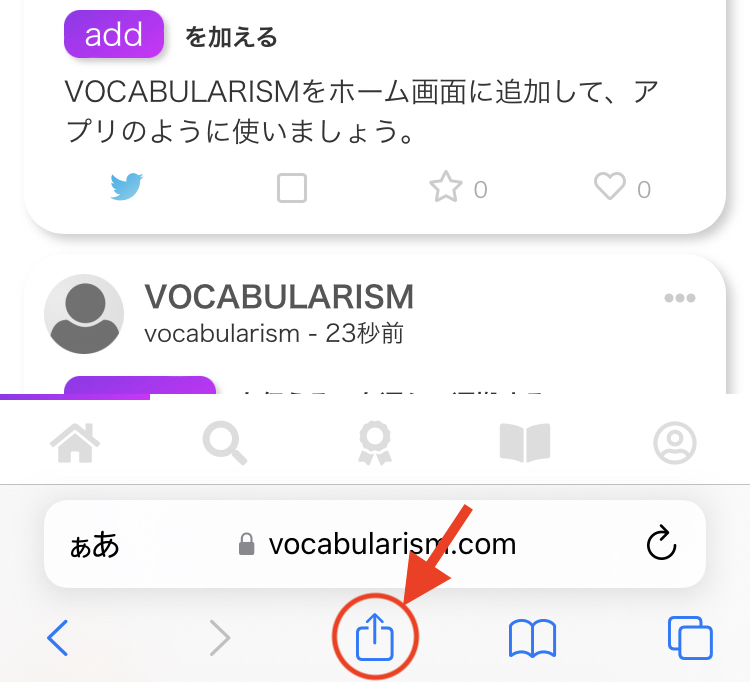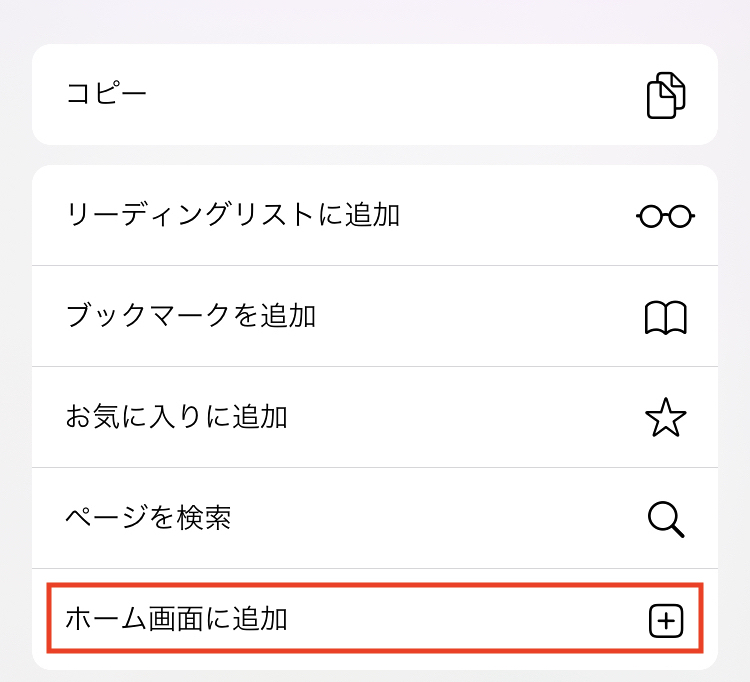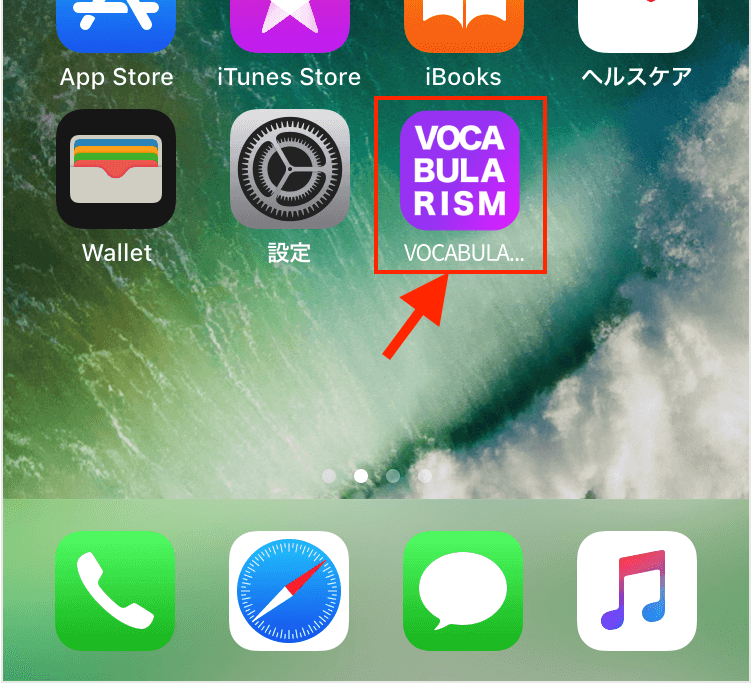outrightの語源
The word "outright" comes from the Old English word "utriht" which means "completely" or "entirely." It was first used in English in the 14th century to describe something that is done without reservation or qualification.
It is composed by the prefix "out-" meaning "outside" or "beyond" and "riht" which means "right" or "just".
The adverb "outright" is used to describe something that is done completely or without reservation. It is often used to describe an action or decision that is made without hesitation or delay. It can also be used to describe something that is done completely and decisively, without any doubt or ambiguity.
It is commonly used to indicate that something is done completely and without any reservation, hesitation or restriction.
"outright"の語源は古英語の "utriht "で、"完全に"、"完全に "という意味です。14世紀に初めて英語で使われ、遠慮や資格なしに行われることを表現した。この言葉は、「外の」「超えて」という意味の接頭辞 "out-"と、「正しい」「正しい」という意味の "riht "で構成されている。副詞の "outright "は、完全に、あるいは遠慮なく行われることを表現するのに使われます。これは、躊躇や遅滞なく行われる行動や決定を表現するためによく使われます。また、疑いや曖昧さなしに、完全に、断固として行われることを表現する場合にも使われることがあります。これは一般的に、何かが完全に、何の遠慮もためらいも制限もなく行われることを示すために使われます。
outrightの例文
He was an outright liar. 形
彼は全くの嘘つきだった。
The outright purchase of the competitor's assets significantly increased our company's market presence. TOEIC 形
競合他社の資産を完全に買い取ることで、当社の市場での存在感は大きく高まりました。
He won the election outright with a clear majority. TOEFL 副
選挙では明確な過半数を獲得し、完勝した。
outrightについて先生に聞いてみる
outrightを収録している単語帳
英検®1級
収録数 : 2025
動詞 : 656
名詞 : 736
その他 : 633
TOEIC®990
収録数 : 483
動詞 : 143
名詞 : 121
その他 : 219
TOEIC®L&R TEST 超上級単語特急 暗黒のフレーズ
収録数 : 1000
動詞 : 277
名詞 : 397
その他 : 326
TOEFL iBT®100
収録数 : 800
動詞 : 227
名詞 : 346
その他 : 227
実践IELTS 英単語3500 改訂版
収録数 : 3500
動詞 : 1035
名詞 : 1446
その他 : 1019
英検®1級 でる順パス単 5訂版
収録数 : 2400
動詞 : 575
名詞 : 906
その他 : 919




